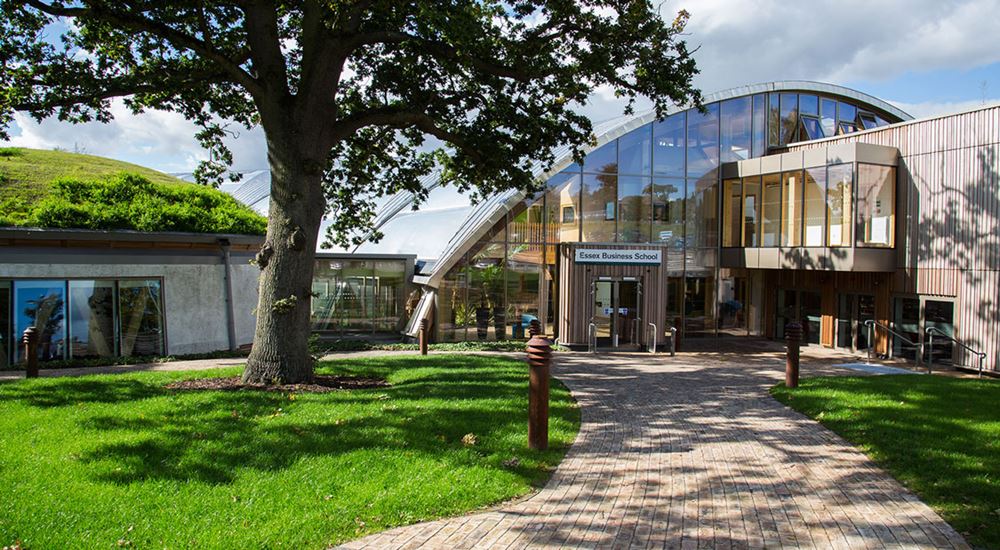Managing our water resources

One of the areas we didn’t receive much feedback for in the Sustainability Sub-Strategy consultation was water usage and management. This isn’t necessarily a big surprise – water is often not discussed in big climate emergency debates, and given how wet it can be in the UK it can seem like we don’t need to worry too much about it. However, Essex is the UK’s driest county so we do need to plan for how we make best use of this precious resource. Water is the thing that sets us apart from other planets that allows us to even exist, after all.
While we only received a handful of comments relating to water, we thought it was important to, firstly, address those comments, but also to highlight the work that is planned to make sure that perhaps you’ve not given much thought to.
Water reuse
You said:
We should harvest rainwater for toilet flushing.
We offer:
- There are currently a small number of greywater tanks (water that’s been used for sink, bath or washing water) that help us to recycle water on campus at both Colchester and Southend.
- It’s not toilet flushing, but the pond at the centre of Essex Business School (near the central stairwell) collects rainwater that is then used to irrigate the internal Winter Garden.
- The Grounds team collect and reuse the water used to wash their vehicles.
We are working on:
Increasing the infrastructure for rain/grey water use across our three campuses. One of the objectives is to make it possible for our Grounds team to store water for watering plants across campus. We will also be setting design standards that will ensure new buildings (or substantial refurbishments) incorporate rainwater/greywater harvesting.
Sustainability Sub-Strategy 2021-26
As well as the reuse measures above, the maintenance team consolidate pipework whenever needed as part of larger projects, and an audit of existing infrastructure is due to take place by the end of 2022. Demand for water overall fluctuates year on year, and with a mix of academic buildings and student accommodation, water use varies greatly across campus. Our priority is to improve the efficiency measures that help us to conserve water but do not impact the end user.
Our commitment for ongoing change
Water is just an important utility as gas and electricity, and it’s important to us to make sure we are using it to best effect. We are on a journey of improvement and development; there are many challenges ahead, but also a lot of exciting opportunities. To learn more about our ambitions and progress, visit the sustainability webpages. We will be providing updates on our response to your feedback to the consultation in a series of blogs – please check back regularly to learn more.
